Unraveling the Differences Dates have long been revered for their exceptional taste and rich nutritional profile. These naturally sweet fruits offer a delightful addition to any dish or snack, making them a popular choice among health-conscious consumers. When it comes to choosing dates, two varieties often stand out: dry dates and black dates. While they may appear similar, these distinct types of dates have subtle differences that set them apart. In this article, we will unravel the disparities between dry dates and black dates to help you make an informed choice. 1. Appearance: Dry dates and black dates showcase noticeable differences in their appearance. Dry dates are typically shriveled and wrinkled, resembling dried raisins. Their texture is chewy, and they have a dark brown to black color. On the other hand, black dates have a shiny appearance and a more plump texture. They are dark brown or black in color with a slightly glossy sheen.
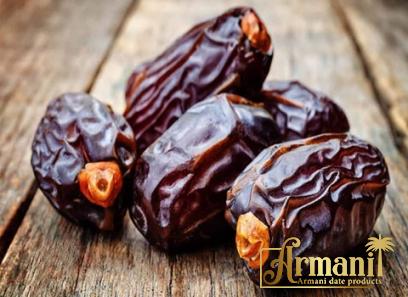
.
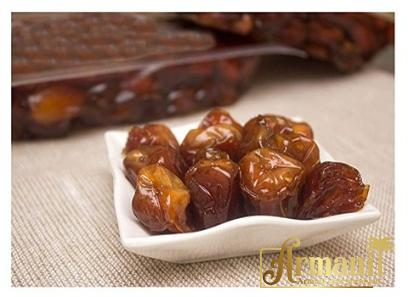 2. Taste: In terms of taste, both dry dates and black dates offer a sweet flavor profile. However, dry dates tend to be slightly sweeter than their black counterparts. Dry dates have a rich, caramel-like sweetness with a hint of smokiness. Their intense sweetness can make them ideal for satisfying sugar cravings or adding a natural sweetener to various recipes. Black dates, while still sweet, have a milder and more subtle taste. They offer a pleasant sweetness without overwhelming the palate. 3. Texture: The texture of dry dates and black dates is another differentiating factor. Dry dates have a chewy and firm texture due to their low moisture content. This makes them perfect for snacking or adding to baked goods such as cookies and bread.
2. Taste: In terms of taste, both dry dates and black dates offer a sweet flavor profile. However, dry dates tend to be slightly sweeter than their black counterparts. Dry dates have a rich, caramel-like sweetness with a hint of smokiness. Their intense sweetness can make them ideal for satisfying sugar cravings or adding a natural sweetener to various recipes. Black dates, while still sweet, have a milder and more subtle taste. They offer a pleasant sweetness without overwhelming the palate. 3. Texture: The texture of dry dates and black dates is another differentiating factor. Dry dates have a chewy and firm texture due to their low moisture content. This makes them perfect for snacking or adding to baked goods such as cookies and bread.
..
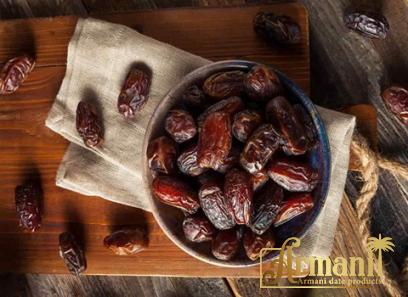 Black dates, on the other hand, have a softer and juicier texture due to their higher moisture content. Their plumpness and moistness make them enjoyable to eat on their own or for incorporating into desserts like puddings or stuffing them with nuts. 4. Nutritional Value: When it comes to nutritional value, both dry dates and black dates offer numerous health benefits. They are packed with essential nutrients, including fiber, potassium, iron, and antioxidants. However, dry dates have a higher concentration of certain nutrients due to the drying process, which concentrates their nutritional content. As a result, they provide a more significant source of dietary fiber and minerals compared to black dates.
Black dates, on the other hand, have a softer and juicier texture due to their higher moisture content. Their plumpness and moistness make them enjoyable to eat on their own or for incorporating into desserts like puddings or stuffing them with nuts. 4. Nutritional Value: When it comes to nutritional value, both dry dates and black dates offer numerous health benefits. They are packed with essential nutrients, including fiber, potassium, iron, and antioxidants. However, dry dates have a higher concentration of certain nutrients due to the drying process, which concentrates their nutritional content. As a result, they provide a more significant source of dietary fiber and minerals compared to black dates.
…
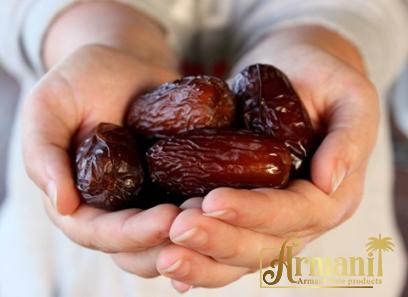 Nevertheless, both varieties make for a nutritious addition to a balanced diet. In conclusion, while dry dates and black dates share similarities in taste and nutritional benefits, their distinct appearance, texture, and flavor set them apart. Dry dates tend to be sweeter, chewier, and have a more concentrated nutritional profile, making them a go-to choice for snacking or baking. On the other hand, black dates offer a milder taste, juicier texture, and can be enjoyed as a standalone treat or in various desserts. Ultimately, the choice between dry dates and black dates depends on personal preference and the intended use. Whichever variety you choose, incorporating dates into your diet is a delectable way to enjoy their health benefits.
Nevertheless, both varieties make for a nutritious addition to a balanced diet. In conclusion, while dry dates and black dates share similarities in taste and nutritional benefits, their distinct appearance, texture, and flavor set them apart. Dry dates tend to be sweeter, chewier, and have a more concentrated nutritional profile, making them a go-to choice for snacking or baking. On the other hand, black dates offer a milder taste, juicier texture, and can be enjoyed as a standalone treat or in various desserts. Ultimately, the choice between dry dates and black dates depends on personal preference and the intended use. Whichever variety you choose, incorporating dates into your diet is a delectable way to enjoy their health benefits.
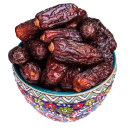
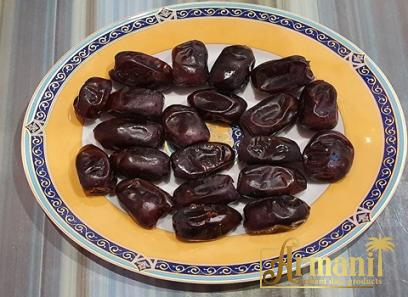
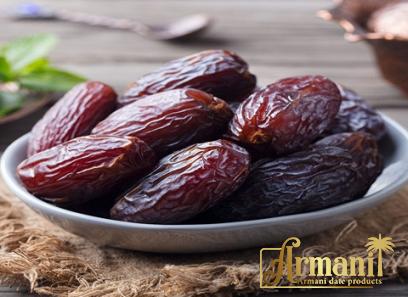
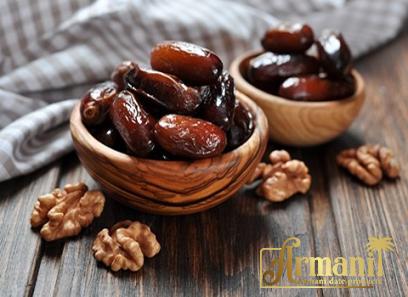
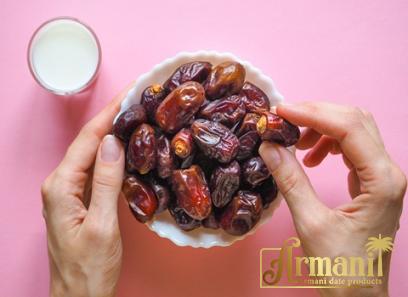
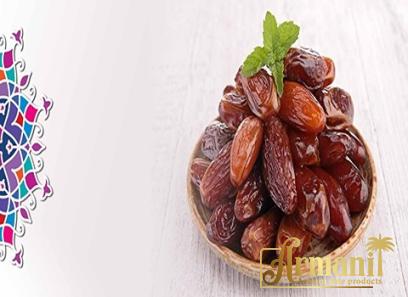
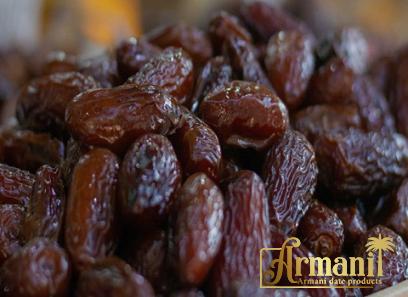

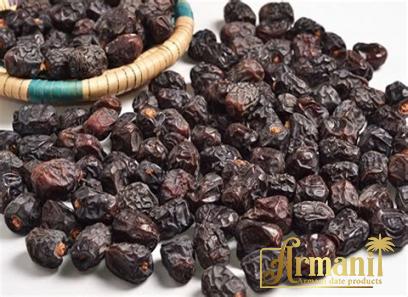
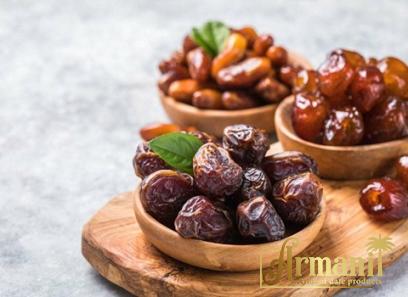
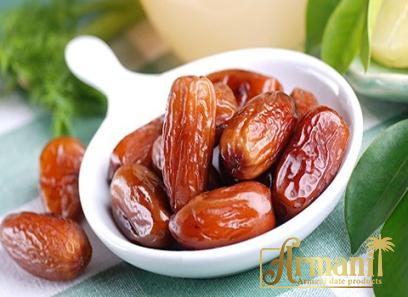
Your comment submitted.